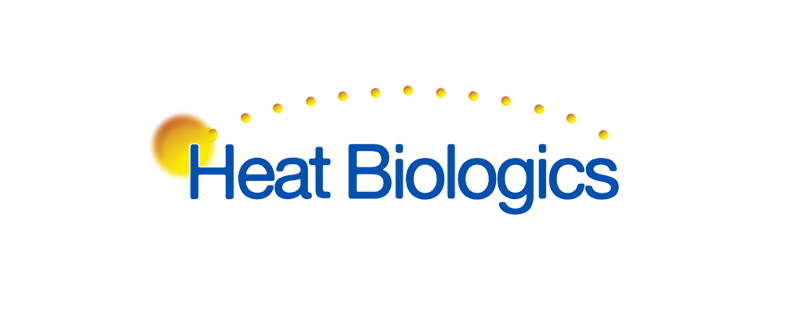Heat Bio’s shares ignite on Opdivo combination data in NSCLC

The pairing of Heat Biologics’ lead drug HS-110 with Bristol-Myers Squibb’s blockbuster checkpoint inhibitor Opdivo has boosted survival in patients with non-small cell lung cancer (NSCLC), sending the biotech’s share price skywards.
Interim data from a phase 2 trial of Heat’s off-the-shelf cell therapy with Opdivo (nivolumab) showed that patients treated with the duo as a second-line therapy had a survival benefit, particularly in patients who hadn’t previously had checkpoint inhibitor therapy.
Shares in the biotech almost doubled after the news broke, but fell back as investors digested the data to close up around 50%.
Patients who hadn’t previously been treated with a checkpoint inhibitor has a median overall survival (OS) of 24.6 months with HS-110 and Opdivo therapy, much better than the 12 months or so seen from historical studies of Opdivo alone in this setting.
That represents a “substantial survival benefit,” said North Carolina-based Heat, although it was a different story among patients whose cancer had progressed despite first line checkpoint inhibitor therapy. That group had a median OS of 11.9 months – so roughly the same as Opdivo on its own.
Heat said in a statement however that most patients failing first-line checkpoint inhibitor therapy are treated with chemotherapy, and according to published studies OS with chemo is approximately seven to nine months.
That suggests a “potential treatment benefit” for the combination after checkpoint inhibition has failed, according to the biotech.
On balance, it’s a positive readout for Heat’s cell therapy, also called viagenpumatucel-L, which is designed to stimulate a patient’s own T-cells to destroy cancer.
The cells are engineered to pump out cancer antigens accompanied by a heat shock protein called gp96 that helps recruit T cells and activate them against tumours. HS-110 is delivered by intradermal injection once a week.
The data suggests HS-110 has the potential at least to be a step forward for cell therapy in oncology. The current crop of CAR-T therapies like Novartis’ Kymriah and Gilead’s Yescarta have had impressive results in haematological cancers like lymphomas, but CAR-Ts haven’t been able to match that with activity in solid tumours.
There have been encouraging results however with other approaches, such as the Iovance’s tumour-infiltrating lymphocyte (TIL) therapy lifileucel, which has shown positive results in melanoma and could be filed for approval later this year.
Heat chief executive Jeff Wolf said that the biotech is looking at possible phase 3 trial designs for HS-110 in combination with a checkpoint inhibitor that could support approval. It intends to “review these plans with the FDA as well as potential partners,” he added.












